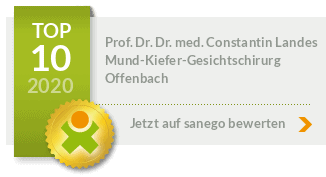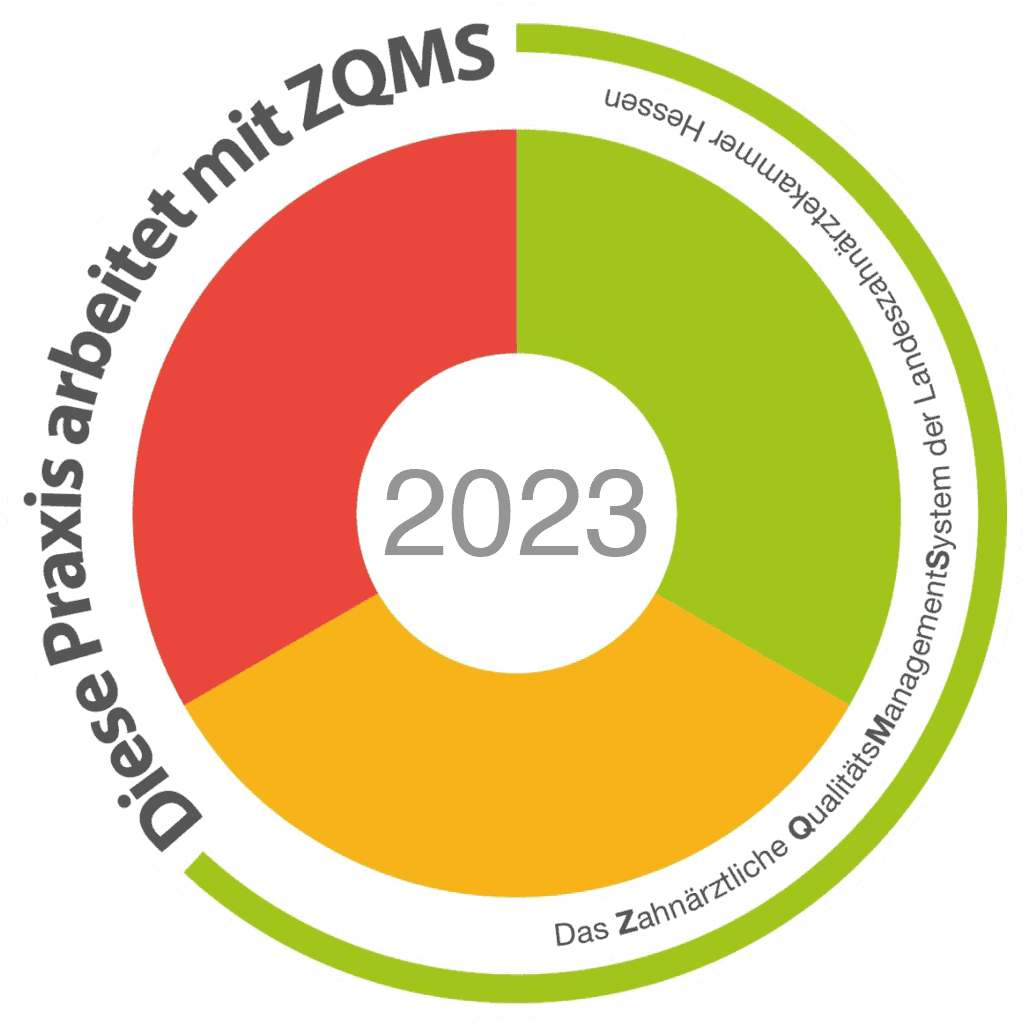Cyst removal
Tooth or jaw cysts are not only painful, but also dangerous – they can lead to tooth loss and damage to your jawbone.
Cysts can develop in the upper jaw and lower jaw and form cavities that are enclosed by a thin membrane, the epithelium. Cysts are filled with a fluid that can be thin or viscous and is usually sterile to begin with. If bacteria enter, the cyst can become infected and ulcerated. This is called an abscess.
We operate on cysts in a nerve-sparing way and with modern, innovative technology, ultrasound-based Piezosurgery (demonstrated on a raw egg in the video). The procedures are performed painlessly for you and mostly under local anaesthetic. As an alternative to ultrasound bone treatment, we use the microsaw, especially in jaw bone augmentation (right or second video).
Are you looking for help?
We will be happy to advise you on the possibilities of conservative or surgical treatment of your health problem affecting the mouth, jaw or facial area. We’re happy to help! You can reach the Landes & Kollegen Practice by telephone on +49 (0) 69 8405-1380 or by e-mail.
All planned surgical treatments are preceded by a detailed consultation, which can also take place several times and repeatedly.
We speak German, English, French, Spanish, Arabic and Portuguese.
Our regular office hours are:
Monday, Tuesday, Thursday: 8:00 – 17:00, Wednesday: 8:00 – 13:00, Friday: 8:00 – 16:00
as well as our fast-track consultations on Tuesday, Thursday and Friday, between 8:00 and 9:00 each day!

The new me as a 3D simulation
Design your own dream face! Simply upload selfies, simulate them free of charge with the Crisalix 3D software and bring them to your appointment with us!





